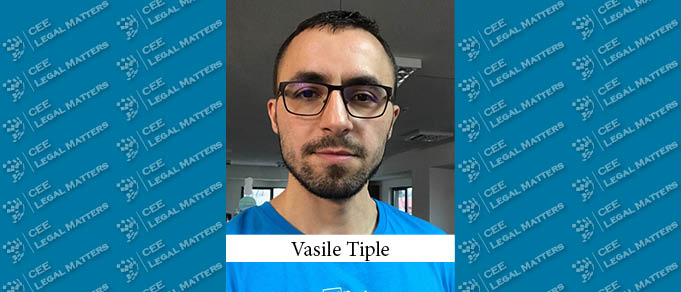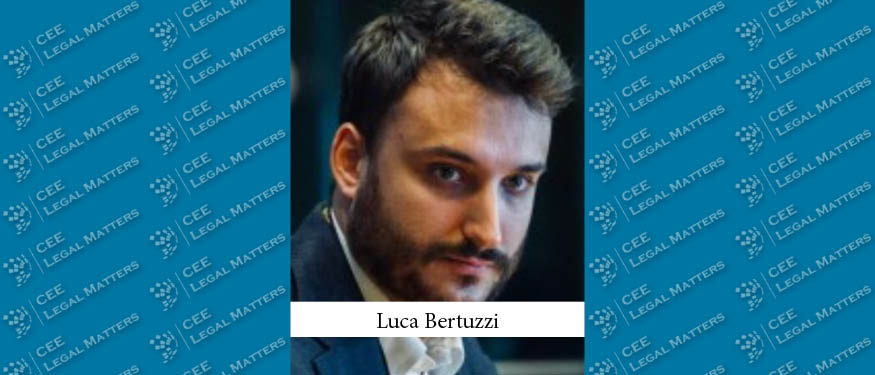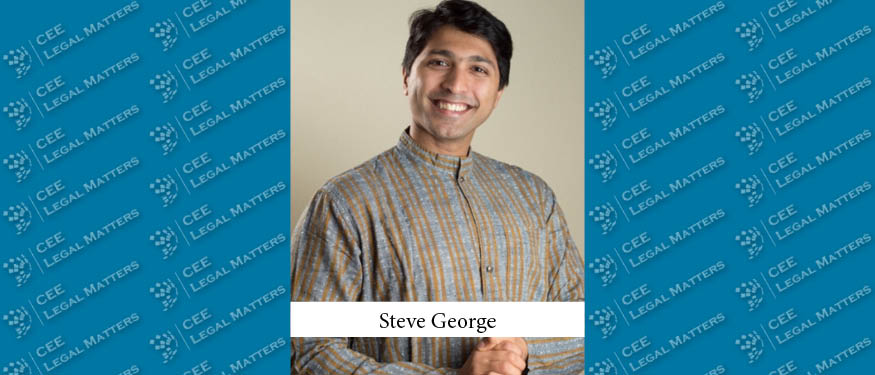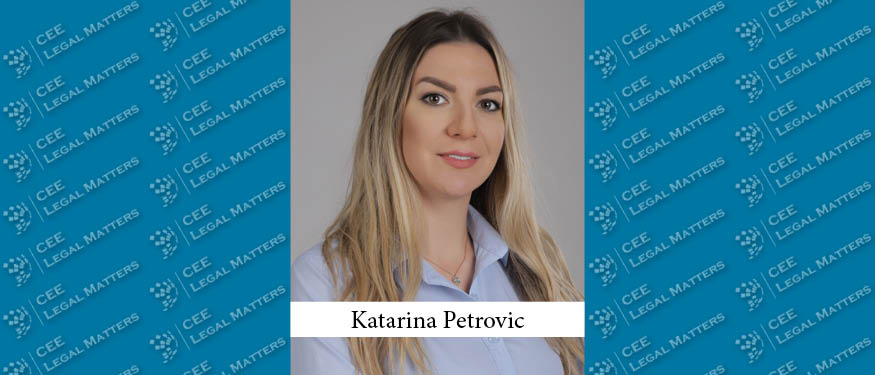There’s plenty of chatter about marketing in law firms, but actual progress often feels stuck in first gear.
Putting Your Legal Experts in the Thought Leadership Spotlight
Most law firms have a thought leadership section on their website – whether it’s called “Insights,” “Knowledge Center,” “Blog,” or “Legal Updates.”
Why Clarity Makes Your Legal Insights Matter
After regularly reading articles on CEE Legal Matters, one thing is clear: this platform is full of deep legal expertise.
Future-Proofing Legal Operations: Insights into AI, LLMs, and Next-Gen Tools
Below is an excerpt from the Legal Automation Book: From Bottlenecks to Bots.
The One About All the AI Noise in Legal Marketing Messaging
An increasing number of firms are eager to showcase their “innovative” use of technology. However, for the most part, this only adds to the noise rather than increasing the firms’ credibility.
Do Law Firms Really Need Marketers? (Yes, Here’s Why)
Marketing isn’t an afterthought. It’s a strategic function. And yet, many law firms still sideline the very people they’ve brought in to help them grow.
Law Firms’ Digital Marketing Wins You Can Totally Copy
Throughout this series, we’ve covered common mistakes law firms make in their digital presence. However, we now would like to acknowledge what’s working.
The Ultimate Website Checklist for Law Firms
A great law firm website removes guesswork and gets fundamentals right. This checklist covers the essentials every firm needs to turn its website into a trust-building digital asset.
Law Firms, Quit Wasting Time and Money on Overpriced Websites
Your law firm’s website shouldn’t be a drawn-out, expensive headache. Focus on creating a professional, clean site that clearly shows what makes your firm stand out.
Credibility by Design: Three Essentials for Small Law Firms
In the legal industry, trust and credibility are foundational elements. Smaller firms that don’t yet have the name recognition of established brands have to build that trust from the ground up. So how can they go about it?
The Epidemic of Generic: The Problem with Law Firm Messaging
Big law firms can coast on boring slogans. They’ve got the clout, the infrastructure, and the impressive list of past clients to do the talking. But if you’re a smaller firm and your website sounds like everyone else’s, you are disappearing into the beige background of legal marketing noise.
Why Most Law Firm Websites Won’t Meet the 2025 Accessibility Deadline
The European Accessibility Act (EAA), approved in 2019, takes effect on June 28, 2025. The Act requires a wide range of products and services – such as consumer electronics, vending machines, websites, and mobile apps – to meet accessibility standards for people with disabilities.
Ukrainian GCs on Trends in Hiring Local Counsels and Use of Legaltech
In October-November 2024, we interviewed Ukrainian general counsels to understand current trends in engaging local counsels and use of legaltech in their day-to-day activity. Interviews were held to demonstrate to in-house lawyers, international law firms, and investors the most effective tools for selecting local counsel.
How AI's 'Intended Purpose' Could Define Companies' EU Regulatory Burden
The EU’s AI Act, the world’s first comprehensive legislation on artificial intelligence, imposes the bulk of its due diligence obligations on companies that sell AI systems that are particularly risky for people’s health or fundamental rights.
7 Common (and Completely Avoidable) Mistakes Law Firms Make on Their Websites
Let’s be honest – most law firm websites aren’t exactly thrilling. In theory, they should exude expertise, professionalism, and credibility. In reality? Many are riddled with outdated designs and buzzword-filled copy that says a lot without actually saying anything.
Measuring Productivity and Client Satisfaction: Essential Operational KPIs for Law Firms
Beyond financial indicators, a law firm's performance also depends on operational and client satisfaction KPIs. These metrics enable firms to optimize time management and enhance service quality, directly impacting client loyalty and the firm's long-term growth.
Trends and the Future Role of Office Managers in the Legal Sector
Initially, the role of Office Managers in law firms was focused on administrative and organizational tasks, such as managing documentation, coordinating meetings, and ensuring the smooth operation of the office.
Enhancing Your Law Firm's Financial Performance with Essential KPIs
The profitability of a law firm relies on meticulous financial management and a thorough analysis of performance metrics. By leveraging essential Key Performance Indicators (KPIs), firms can assess and enhance their financial health. Metrics such as revenue growth, average billing rates, and the breakeven point provide valuable insights that empower strategic decision-making and drive performance optimization.




















